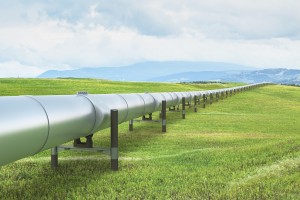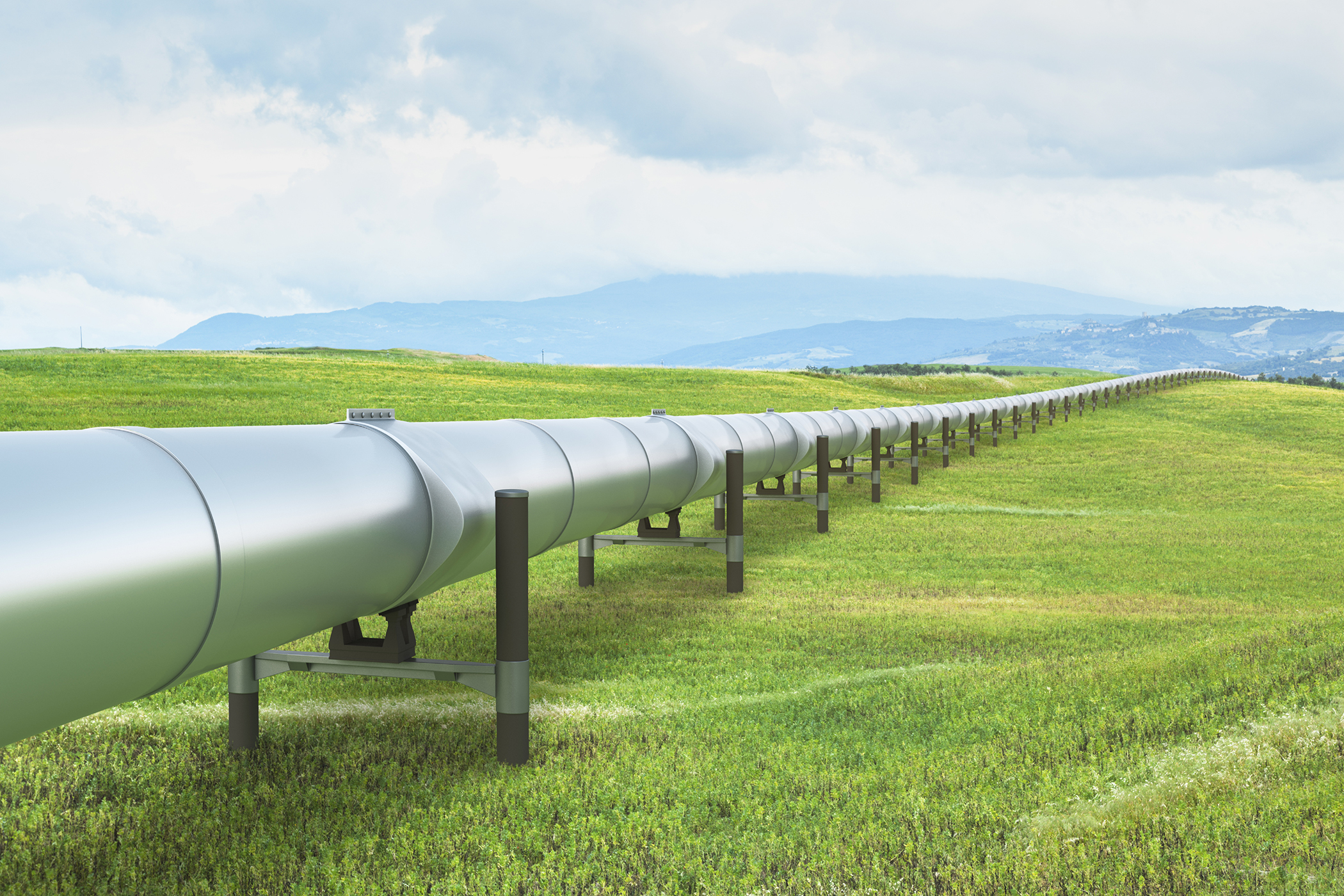
President Obama has ended a seven-year political fight by deciding to reject building the proposed 1,200-mile Keystone XL pipeline to move petroleum from Canada through Nebraska to refineries on the U.S. Gulf coast. The project pitted oil companies and Republicans against environmentalists and liberal activists. Given the growing role energy policies play as the world seeks to curb global warming, UConn Today asked Mark Boyer, a Board of Trustees Distinguished Professor of political science in UConn’s Department of Geography, to share his insights on the Keystone pipeline’s demise. Boyer is an international political economy and environmental politics expert, who serves as Director of the environmental studies major, and as a scholar-in-residence at the Center for Environmental Science and Engineering (CESE).
Q – In rejecting the proposed Keystone XL pipeline, President Obama said the controversial project is not in the national security interest of the United States. Yet proponents of the project claiming the White House is catering to the green lobby who oppose all forms of carbon energy. What’s your view?
The politics of any controversial decision are always in the eyes of the beholder; how we define national security is very much the same. President Obama has long been working to bring the impacts of climate change into the national security frame and this was an opportunity to do so. The timing of the decision was also very convenient. In advance of the United Nations Climate Change Conference in Paris next month, the President gets to show that he has helped to move us further away from fossil fuels. And it’s worth noting that the result of Canadian elections gave Obama an opportunity to make the decision without causing open conflict with his counterpart in Ottawa. In contrast to his predecessor, newly elected Prime Minister Trudeau was at best lukewarm to the pipeline, so this gave the Canadian leader a graceful way out of the controversy.
Q – The Obama administration continues to promote efforts to curb global warming. At the U.N. climate talks in Paris next month, Obama hopes to broker an international agreement committing every country to reduce carbon dioxide emissions. Has killing the Keystone pipeline helped position Obama to lead the world in combating climate change?
It’s certainly a step in the right direction regarding significant climate action. But with only a little more than a year left in office and a Congress largely hostile to climate activism, it is a grand gesture that probably won’t get us very far. It does draw the climate battle lines much more clearly and will ultimately pass decisions on US climate policy to the next President. It’s interesting to note that both candidates Obama and McCain in the 2008 election cycle, had climate action high on their agendas. Almost eight years later, though, there isn’t much to show for all the high hopes of President Obama’s first term regarding climate change policy.
Q – Proponents of the project – including Republican presidential candidates – argue the pipeline would advance U.S. energy independence, but Obama cited falling gasoline prices as another argument against the project. This year the average price of regular gasoline has been steadily below $3 per gallon but historically gasoline prices have gone up above $4. Then why reject the pipeline?
First, there is legacy; withdrawing from the project now will make it hard for the next President to resurrect it (especially with Prime Minister Trudeau’s lack of enthusiasm). So President Obama gets to make a decision that may help, in some small way, move the US and the global economy further away from fossil fuels. He also gets to push climate change into the national security dialogue. Second, gasoline prices rise and fall more because of perceived political and economic volatility than they do for reasons of abundance of supply. Third, citing lower gas prices is really a political statement the average person can understand and it helps mask the fact that Obama has never been enthused about the project. He kept it alive until now because of the jobs rationale that was always at the surface of those arguing in its favor.
Q – Obama has recently stepped up his rhetoric on the need to address global warming and pushed back against climate skeptics fighting his agenda. The pipeline was a major issue during the 2012 presidential campaign. The Democratic presidential candidates all oppose the pipeline project; by rejecting the project has Obama neutralized the pipeline as a political issue?
I think the decision has taken the topic off the front burner of politics for now. The Democratic candidates can find some cover from the President on the campaign trail. And the Republicans will blame the President rather than attack the Democrats for their potential support of the project. So, yes, while “neutralized” may be too strong a term at this point, the decision does suppress the pipeline’s use as a political weapon during the 2016 campaign.
Earlier this year, a congressional majority voted to approve the Keystone project, including nine Democrats in the Senate and 28 in the House, falling a few votes short of a veto override. Could the pipeline project be revived in the next administration assuming a Republican wins the presidency?
In our system, anything is possible. If a Republican is elected President next year, he or she will likely come into office promising to relaunch the pipeline. Actually doing so, however, would require getting the Canadian government back on board and also getting TransCanada to recommit to a project that has been uncertain since its inception nearly a decade ago. So everyone would need to be onboard, and solidly so, before it could be relaunched.



